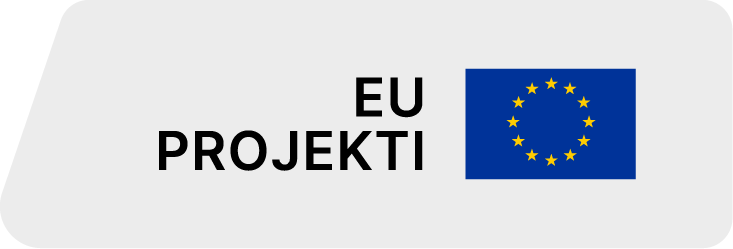National Consumer Protection Week is a week dedicated to informing people about their rights as consumers as well as ways that they can protect their assets – such as understanding how to protect their privacy, how to avoid phishing scams, and how to prevent identity theft.
Protecting Your Privacy
- Do business with credible companies
Before supplying any information online, consider the answers to the following questions: Do you trust the business? Is it an established organization with a credible reputation? Does the information on the site suggest that there is a concern for the privacy of user information? Is legitimate contact information provided? If you answered “No” to any of these questions, avoid doing business online with these companies. - Do not use your primary email address in online submissions
Submitting your email address could result in spam. If you do not want your primary email account flooded with unwanted messages, consider opening an additional email account for use online. - Devote one credit card to online purchases
To minimize the potential damage of an attacker gaining access to your credit card information, consider opening a credit card account for use only online. Keep a minimum credit line on the account to limit the amount of charges an attacker can accumulate. - Avoid using debit cards for online purchases
Credit cards usually offer some protection against identity theft and may limit the monetary amount you will be responsible for paying. Debit cards, however, do not offer that protection. Because the charges are immediately deducted from your account, an attacker who obtains your account information may empty your bank account before you even realize it.
Staying Safe on Social Networking Sites
- Limit the amount of personal information you post
Do not post information that would make you vulnerable, such as your address or information about your schedule or routine. If your connections post information about you, make sure the combined information is not more than you would be comfortable with strangers knowing. - Use strong passwords
Protect your account with passwords that cannot easily be guessed. If your password is compromised, someone else may be able to access your account and pretend to be you. - Evaluate your settings
Take advantage of a site’s privacy settings. The default settings for some sites may allow anyone to see your profile, but you can customize your settings to restrict access to only certain people.
Preventing and Responding to Identity Theft
How do you know if your identity has been stolen?
Companies have different policies for notifying customers when they discover that someone has accessed a customer database. However, you should be aware of changes in your normal account activity. The following are examples of changes that could indicate that someone has accessed your information:
- unusual or unexplainable charges on your bills
- phone calls or bills for accounts, products, or services that you do not have
- failure to receive regular bills or mail
- new, strange accounts appearing on your credit report
- unexpected denial of your credit card
You, your clients, and your organization need to extend data protection across more environments, systems, applications, processes, and users. We offer one solution that covers it all – CipherTrust Manager, from Thales.
CipherTrust Manager is the central management point for the CipherTrust Data Security Platform. It provides a unified management console that makes it easy to discover and classify data, and protect sensitive data.
For more information visit Thales and contact us for a personalized demo.



